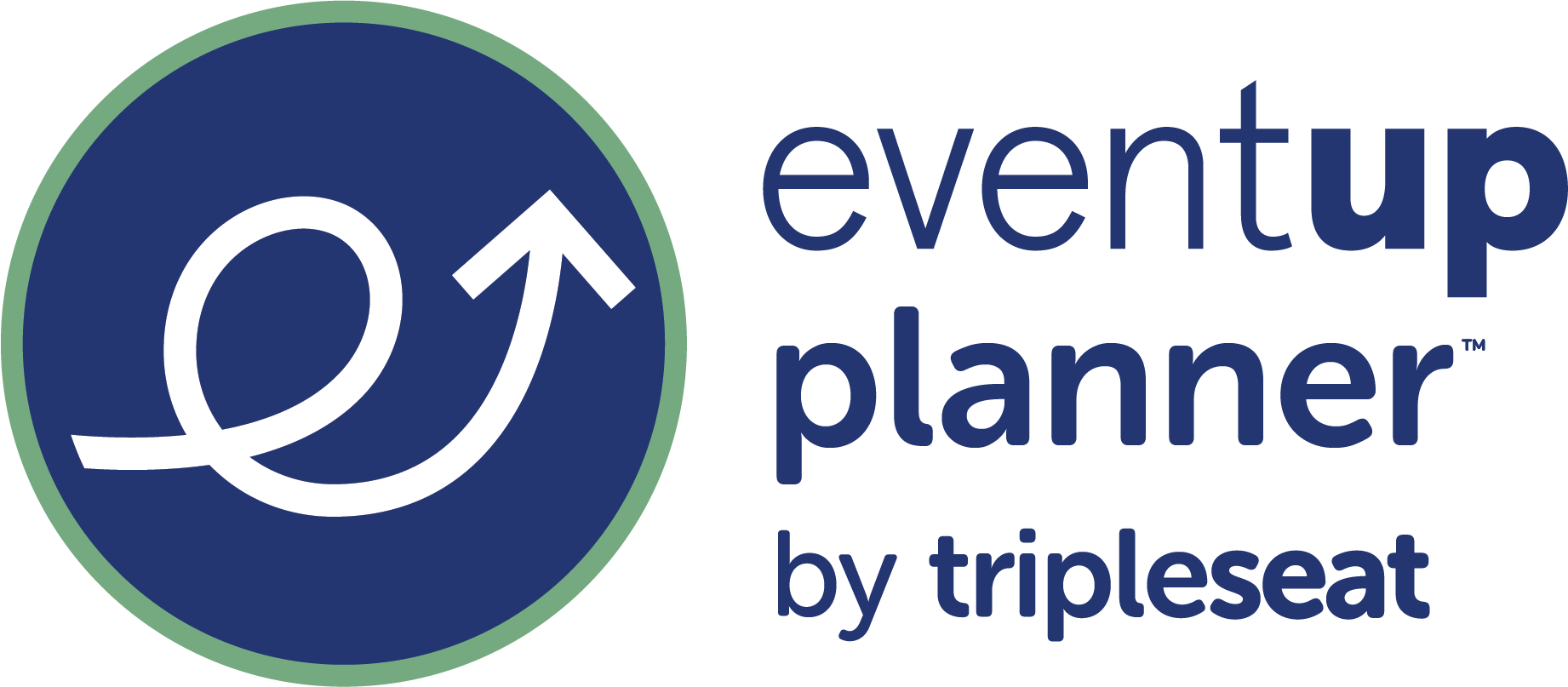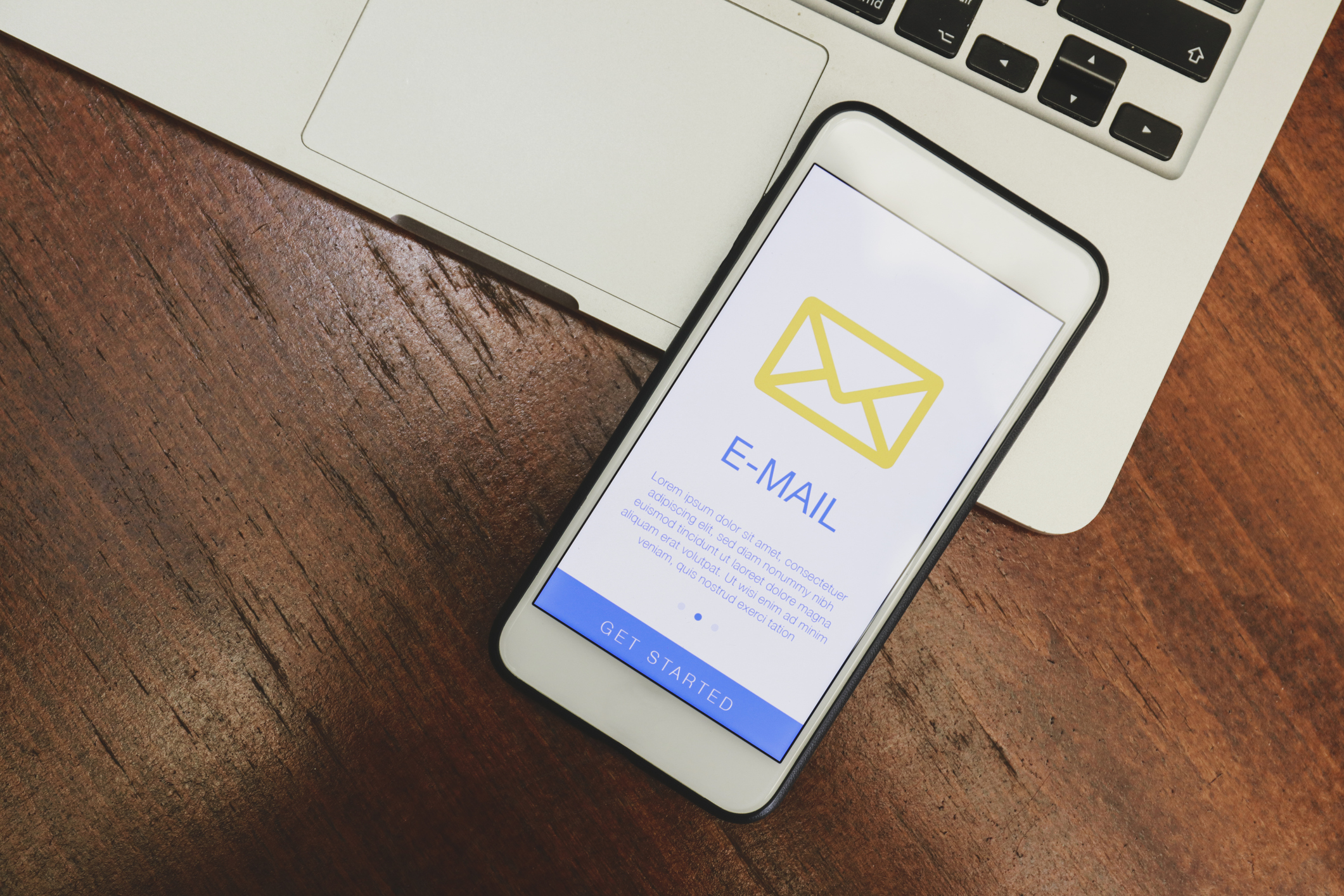While the holiday season still feels far away, savvy event planners know that early Fall is the best time to kick-start their holiday party planning.
Corporate holiday parties, gala dinners, and annual celebrations are right around the corner… and to create truly memorable holiday experiences, you need to begin locking in venues, vendors, catering, and entertainment ASAP.
But the yearly holiday planning process also brings its own unavoidable set of headaches and logistical fires to put out. 😵💫
As you start building out your holiday event to-do list, you’re probably searching for tips and tools to make the process a little easier to manage this time around. Integrated event planning software could be the secret weapon your team needs. Let’s explore how!
Why Should I Use Event Management Software for Holiday Party Planning?
Company holiday parties are about more than just eating, drinking, and being merry. These celebrations play an important role in:
✅ Boosting employee morale
✅ Recognizing team achievements
✅ Connecting colleagues across departments
✅ Reinforcing the corporate culture
A memorable, well-planned holiday party can leave a positive lasting impression — which in turn increases employee engagement and retention. 🎉
But a poorly planned event with logistical snafus can have the opposite effect… putting a dent in the company’s reputation and culture. Yikes!
That’s why it’s so important for planners to have reliable tools for cutting through the chaos of guest lists, venue details, floor plans, and all the other moving parts of holiday events. Using event planning software gives planners control and visibility over each core pillar of the planning process, from beginning to end.
| READ MORE: Corporate Event Themes: 45+ to Choose From |
6 Software Features You Need for Holiday Party Planning
EventUp Planner has powerful features that make the corporate holiday party planning process easier. Let’s explore!
Create fun, custom holiday event websites and online registration pages
EventUp Planner lets you create branded event websites and registration pages for your holiday party. Our platform acts as the central hub with all your event details, messaging, media uploads, and more! You can easily build custom event registration forms to gather details like meal preferences or if kids are attending. Best of all, you can clone these pages to use again each year rather than rebuilding from scratch.
Seamlessly manage your guest list and invitations
Easily upload your full guest list from an existing contact database or spreadsheet. Then, create beautiful, branded digital invitations and send them out en masse. EventUp Planner tracks all responses and manages the RSVP list automatically. When it’s event day, check-in tools let you quickly verify arrivals — no more wrestling with big paper lists!
| CHECK OUT: 75 Event Ideas to Inspire Your Next Event |
Leverage marketing automation to send out email campaigns
With just a few clicks, you can create an automated email campaign for your corporate holiday party. Send initial invitations, reminders for RSVPs, and build hype with eye-catching branded emails. After the event, automatically share a survey to collect feedback from attendees. This gives you invaluable insights for improving next year’s holiday party.
Manage schedules for extensive holiday events or multi-day celebrations
Many companies host extensive celebrations with award ceremonies, speakers, performances, and more. EventUp Planner’s scheduling tools make it easy to meticulously plan out every session, presentation, and special event within the larger holiday schedule — especially for multi-day holiday celebrations! You can assign rooms/venues, times, speakers, and more.
(Psst, need to find the perfect event space? Check out EventUp.com.)
Provide virtual and hybrid holiday event options
Holiday parties don’t have to be 100% in-person anymore. EventUp Planner allows you to create easy, engaging virtual experiences or hybrid events, too. You can livestream the in-person holiday party online, or create separate on-demand virtual experiences like live-streamed performances, demos, and more. It’s a great option for engaging remote employees!
| GO DEEPER: How to Make Virtual Events More Interactive and Engaging |
Master day-of-event management
When it’s time for the big holiday party, you’ll be confident everything runs smoothly. The event team can use the mobile app to share real-time updates and communicate with attendees. Digital check-in gets guests quickly through the door. Plus, powerful surveying tools allow you to collect feedback during and after the event.
Corporate Holiday Party Planning Tips & Considerations
While an event management platform streamlines the holiday planning process tremendously, planners should still keep a few key considerations in mind.
- Budgeting is always a big factor — be sure to set clear budgets by line item and avoid overspending.
- Venue management is another major pain point during the holidays when places book up quickly. Leverage venue sourcing features to easily search by your date, capacity, location requirements and start booking venues before they’re gone.
- Food and beverage planning is critical, too. Build out custom registration forms to capture dietary restrictions and meal preferences ahead of time.
- Finally, expect the unexpected with inclement weather or other unplanned issues. Use EventUp’s communication tools to keep attendees updated in real-time via email, SMS, the mobile app, and the event website. With the right planning and tools in place, you’ll be ready for any holiday party hurdles!
How to Plan a Company Holiday Party: FAQs
How do I create and send invitations to my entire company?
With EventUp Planner, you can easily upload your employee email list or sync with your company’s contact database. Then use the invitation manager to create branded digital invitations and send them out en masse with just a few clicks.
How do I collect RSVPs and any special requirements like dietary restrictions?
EventUp Planner’s registration features allow you to fully customize the RSVP process with forms to capture details like meal preferences, food allergies, plus-ones, etc. Guests can RSVP and provide this info digitally, so you’ll have a crystal clear idea of what to expect.
How can I update guests about schedule changes or other important details?
Leverage email marketing tools to send timely updates to all invitees about changes to things like times, locations, speakers, etc. You can also post updates directly to your custom event website and share via the mobile event app.
What’s an easy way to share event details company-wide?
Create a custom-branded event website as a one-stop shop for all holiday party info — schedules, venue details, speakers, and more! The website can be integrated into your company intranet and calendars, too.
How do I find and book the right venue for my holiday party?
EventUp.com is a free, browsable marketplace that allows you to search venues by location, capacity, amenities, pricing and more to find the perfect fit.
How can I collect feedback to improve for next year’s holiday party?
EventUp Planner makes it easy to create post-event surveys with custom questions. You can share the survey via automated email campaigns as well as push notifications through the app and website.
Make Holiday Party Planning Easier with Event Planning Software
Save time and kiss holiday party planning stress goodbye with EventUp Planner’s powerful event planning software. Our all-in-one platform gives you full control to execute memorable holiday celebrations from start to finish. Get ready to wow your team this holiday season — book a free demo today!
Let's Talk!
Book a free demo with one of our experts to learn how easy it is to get started with EventUp Planner, and maximize your events’ potential today.








![[INFOGRAPHIC] The Real Value of An Integrated Event Management Platform](http://eventupplanner.com/wp-content/uploads/2021/02/screenshot-scaled-1-1200x585.jpg)

